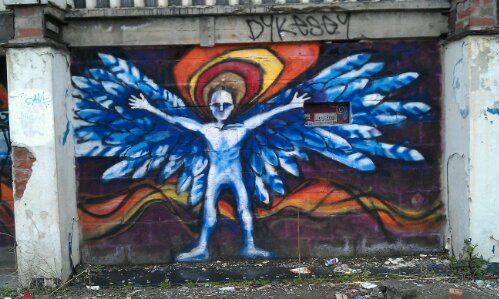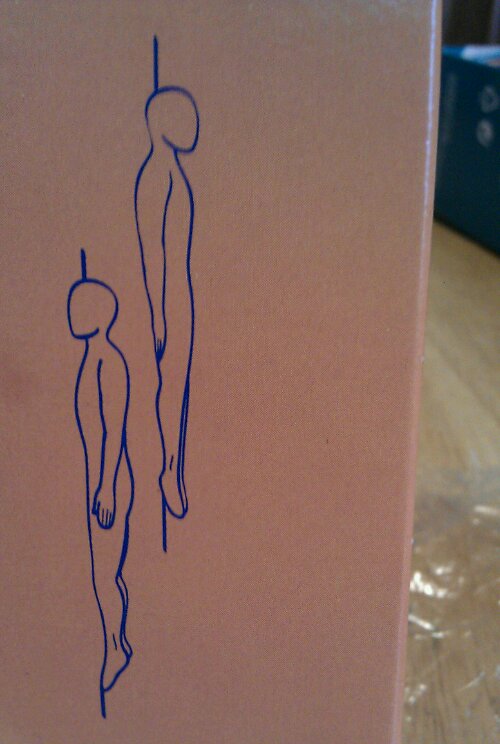Today I was listening to a talk by Zizek relayed on youtube. In it he spends time, as ever, trying to describe the big other. He uses Freud’s idea of the drive and in the case of sight he notes that Freud considers drive to be reflexive, mentioning the French reflexive form of the verb prefixed by se faire. Thus the drive to see is the drive to be part of some staged scene, to be seen rather than to see. The drive is to expose yourself to a gaze. This he admits as the fulfilment of the Benthamite idea of the Panoptican: it is not that people wish to avoid being observed but that they do not fully consider themselves alive unless they are observed. Various understandings of reality TV are deployed to illustrate this.
Zizek has been on my mind over the last few days in the context of Breivik. Zizek insists that the form taken by contemporary ideology, the ideology that is the support of the ‘system’, of various forms of exploitation as well as localised forms of liberation, is one that says you should search for inner oneness, get to the true self, indulge your passions and express your inner self. In his courtroom presentations Brevik explains:
When asked how he could describe his actions without any emotion, Breivik explained how he had prepared himself by doing meditation and “de-humanising” his own feelings.
Now this could make Zizek laugh but not out of lack of compassion. Breivik is showing us where the current ideological construct is being used to produce the very opposite of what it is understood to promote. He becomes violent rather than peaceful and compassionate. Now a ‘true’, I am tempted to write ‘believer’, in the value of meditation might suggest his is a distortion of meditation which in its true form cannot produce such excess, that such use is a deviation from something pure.
However it is the whole which expresses the real of an idea, the excesses far from being not part of the meditation process are integral to it. In the case of capitalism, the exploitation of natural resources in say Africa is as much a feature of capitalism as the charitable works of Bill Gates. In religion, the excesses of medieval Papacy are part of Christianity as much as the mystical insights of an ascetic Saint.
Zizek has used elsewhere the example of D.T. Suzuki, a favourite author of mine in the early 80s. Suzuki as well as being a promoter of Zen Bhuddism in the West was also, in his earlier writing, an apologist of a sort for the excesses of the Japanese War machine. He wrote, I am told, that for the common person with little chance to indulge long training in meditative practices, following the orders of the military commander is the best way to satori, abolition of the self by the following of orders without though. These are ideas repeated by Eugen Herrigel in Zen in the Art of Archery.

![IMAG0751_resized[1]](https://www.pasdelabas.org/wp-content/uploads/2012/05/imag0751_resized1.jpg?w=300)
![IMAG0752_resized[1]](https://www.pasdelabas.org/wp-content/uploads/2012/05/imag0752_resized1.jpg?w=300)



